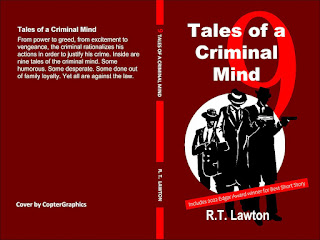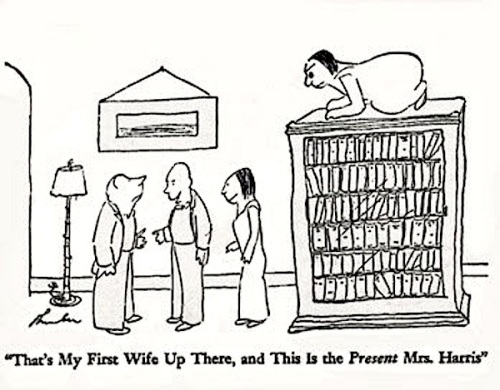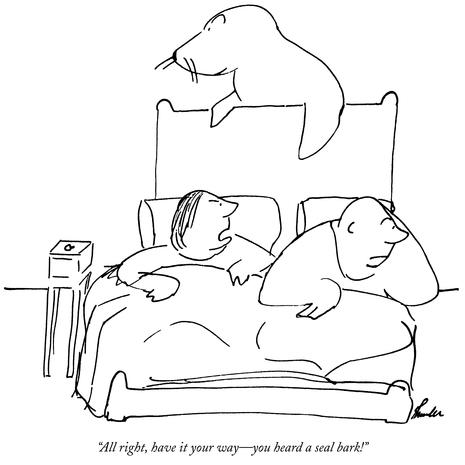I like dabbling in historical mysteries. They're some of my favorite stories to read. I especially like the challenge of building a story set in a different time. I like researching enough detail to tell a credible story and finding the hinge fact that brings disparate past characters together and also connects contemporary readers to a historical event.
I think that historical mysteries offer something besides their entertainment value. By shining a light on an earlier era, they remind us that the problems we grapple with are not new. Along the way, the stories may offer a different perspective and teach us things we don't know. Or maybe just help us to better understand things we think we already know. E. L. Doctorow said, "The historian will tell you what happened. The novelist will tell you what it felt like."
If we scribble out a list of themes from contemporary fiction, the list likely includes good versus evil, alienation from society, the struggle to survive, battles against power, corruption, or prejudice, heroism and courage. We find all these themes and more in the historicals. The themes are what connect us to the stories. How people cope with these universal problems has changed very little. A historical tale reminds us that we are not the first. The specific event may change, but the themes remain the same.
Like science fiction, historical storytelling builds worlds. The tales allow a writer to obliquely touch on a contemporary problem. An immigrant story with a MAGA warrior and a border wall may easily polarize readers. The act of choosing sides may detract from the ability of a reader to lose themselves in the story. A historical setting may facilitate an easier consideration of us versus them. We can reflect and consider the contributions of all sides without the baggage of modern labels. The author can touch on issues without being overtly political.
If politics is defined as the acquisition or use of power, then crime fiction writing always seems to be political. The stories deal with upending or restoring order. One value of historical stories is that they allow us to view political questions at arm's length.
How far back must we go before a writer may call a story historical? A standard definition is that the story must be set fifty or mere years in the past and be based on research, rather than autobiographical experience. I prefer a more subjective answer. A story is historical when it deals with a time when the world was markedly different than the present. In our technological era, that shortens the gap. A world without cellphones, door cameras, and a ubiquitous internet feels like a historical period.
In 16th century England, Dutch and Flemish settlers arrived in Norwich. Cheap, skilled, Protestant workers escaped political and religious oppression in the Catholic Low Countries. Queen Elizabeth authorized the immigration wave motivated by religion and economics. England had sheep; the settlers brought experienced weavers.
The arrivals were known as Elizabethan Strangers, or simply Strangers. They both revitalized and disrupted the local economy. The Strangers brought differing customs and languages. Most residents of Norwich were glad they came. Some were not. Angry residents claimed that the immigrants took jobs rightfully belonging to Norwich citizens. In 1570, there was an unsuccessful revolt against the new arrivals.
For the current Black Cat Mystery Magazine, Michael Bracken compiled an issue of historical stories. Set during World War II, my story, "Masterpiece," deals with the challenges of coping with or combatting France's oppressors during the Nazi occupation. There's not much mystery about who the good and bad guys are in this one. That's usually what happens when you drop Nazis in the mix.
Alfred Hitchcock's Mystery Magazine has also kindly included "The Tangled Web They Weave," in the November/December issue. When I began to think about writing a story, immigration questions were headlining the news. I wanted to touch upon the issues.
And because the Strangers were weavers, the story lets me introduce the metaphor of a society as a cloth made from many diverse threads. Stunning in its originality, I know.
The 16th century historical example does not perfectly align with our modern world. Nor does the story offer a solution to broad immigration or national sovereignty issues. But answering those questions was never the purpose. "The Web They Weave" is a whodunit. If it stimulates anyone to reflect upon the place of immigrants in the United States, that's a bonus.
Until next time.



























